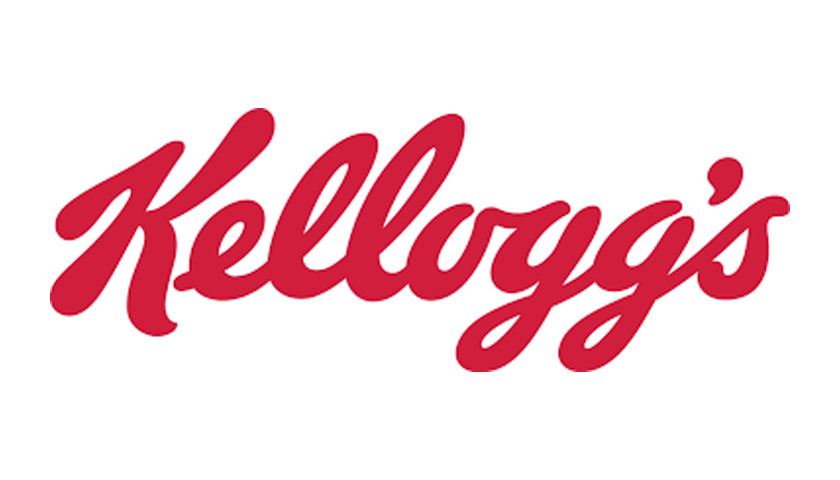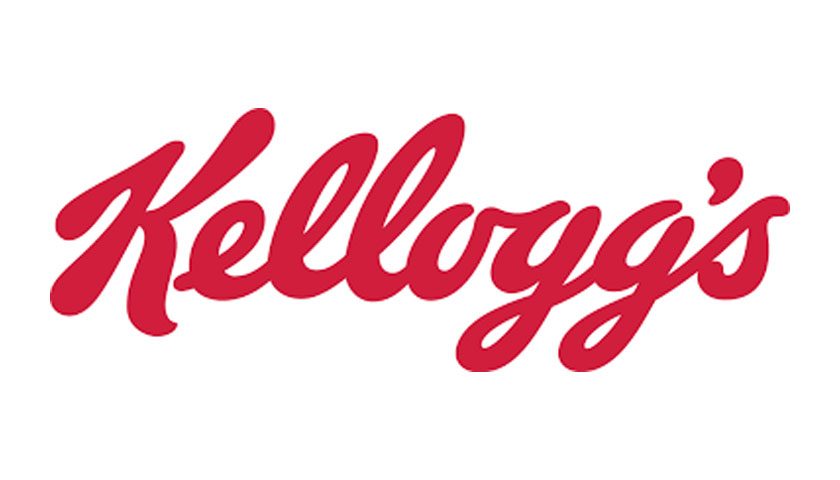Global manufacturers Kellogg’s, Essity and Novelis have been selected to receive funding by the Department for Energy Security & Net Zero to undertake demonstrations in which they will switch their fuel to hydrogen at their North West plants.
This will enable the three companies to demonstrate that they can reduce their carbon footprint by using low carbon hydrogen to manufacture their products such as Kellogg’s Cornflakes, Plenty towels, and high quality rolled aluminium products for the automotive market and beverage cans.
The programme running the demonstrations, named ‘HyNet Industrial Fuel Switching: 2’, is fundedthrough the UK Government’s £55m Industrial Fuel Switching Competition, as part of the £1bn Net Zero Innovation Portfolio (NZIP). It will reveal how major manufacturing sites can switch away from fossil gas to low carbon hydrogen within the coming years. The work will enable decarbonisation across a range of industry sectors, making a critical contribution to the UK’s journey to Net Zero carbon emissions.
The demonstrations sites plan to receive hydrogen supplied by HyNet, the UK’s leading industrial decarbonisation project, which has been fast-tracked by Government to begin operation in the mid-2020s. Low carbon hydrogen, generated locally by Vertex Hydrogen, will be distributed by the UK’s first 100% hydrogen pipeline network being developed by Cadent Gas, to industry across the North West. On-site electrolytic (or ‘green’) hydrogen production will also be used to supply some sites locally without the need for a pipeline.
HyNet is working with industry across the glass, food and drink, paper, chemicals, personal care, automotive and metals sectors to enable switching from fossil gases to low carbon hydrogen.
The HyNet Industrial Fuel Switching 2 programme, which runs until early 2025, will equip industry with the experience, confidence and know-how to make the switch to low carbon hydrogen once production within the region begins from the mid-2020s.
Adam Baddeley, Head of Industrial and Electrolytic Hydrogen at Progressive Energy, said:
“These demonstrations will show how low carbon hydrogen can provide the energy needed for the production of food, kitchen paper and aluminium. We are very excited to see Kellogg’s Cornflakes, Plenty towels and Novelis’ aluminium manufactured using hydrogen.
“HyNet is fully focused on providing a route for industry to decarbonise. By starting to produce ‘home-grown’ low carbon hydrogen from the mid-2020s, this reality isn’t far away. HyNet will not only substantially reduce the level of carbon dioxide emissions entering our atmosphere but will kick-start a low carbon hydrogen economy across the North West and North East Wales”.
These new demonstrations follow two successful hydrogen fuel switching demonstrations at Pilkington Glass and Unilever manufacturing centers, both in the North West, to make sheet glass for windows and windscreens, as well as Tresemme shampoo and Persil.
Tim McKnight, Kellogg’s Manchester plant director said:
“Kellogg’s takes its responsibilities to the planet seriously. At our Manchester Factory, which makes household favourites like Corn Flakes and Coco Pops, we are investing in the renewable fuels of the future.
We’re really pleased to be part of this trial to switch to low carbon hydrogen in our cooking ovens. We hope this demonstration will provide strong evidence for hydrogen use across other Kellogg’s sites.”
Andrew Hearns, Essity’s technology area manager said:
“Sustainability is a key part of our global business strategy. We are committed to reducing our own carbon emissions by 35 per cent by 2030 and reaching net zero by 2050. Hydrogen has been trialed successfully in one of our German sister plants and we are delighted that the scheme we put forward for this trial in the North West has won major Government funding. The trial will start in 2024 and will involve replacing the burners on the drying equipment to see if they can safely and efficiently use this alternative fuel.”
Emilio Braghi, Executive Vice President, Novelis Inc., and President, Novelis Europe said:
“Switching to renewable energy sources is a key initiative to advance on our journey toward carbon-neutral production. Besides decarbonising our own facility, this collaboration drives the industrial decarbonization of the whole North-West region in UK.”

